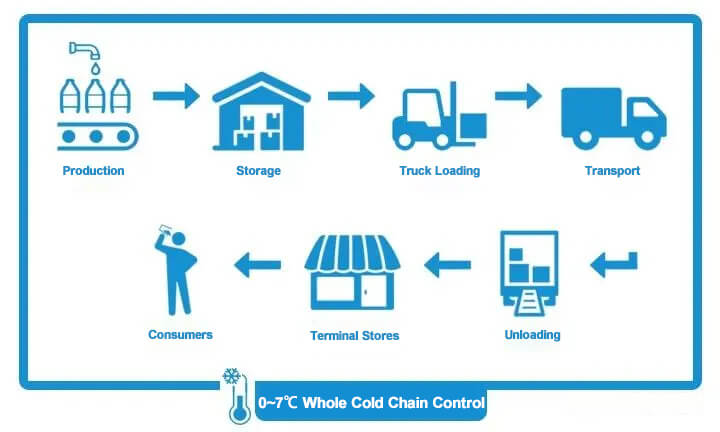As climate change accelerates, carbon credit trading has emerged as a crucial tool in global sustainability efforts. Yet, this market has long struggled with issues of fraud, double-counting, and lack of transparency. Blockchain technology offers a solution by providing a decentralized, immutable ledger to record every transaction. This ensures that each carbon credit is verifiable, traceable, and uniquely accounted for—helping companies and regulators build trust in an otherwise opaque market.
Platforms leveraging blockchain for carbon trading—like Toucan Protocol and KlimaDAO—are introducing smart contracts that automate and validate carbon offset transactions in real time. These systems reduce the administrative overhead and human error traditionally involved in carbon markets. Moreover, tokenizing carbon credits makes them more accessible and tradable on global decentralized exchanges, increasing liquidity and scalability in the green economy.
For sustainability experts, investors, and policy-makers, blockchain isn’t just a buzzword—it’s a vital upgrade to climate accountability. By making carbon credit data public and incorruptible, blockchain reinforces the credibility of environmental action. As ESG standards tighten worldwide, this integration of technology and climate strategy could redefine how businesses prove their commitment to a greener future.





